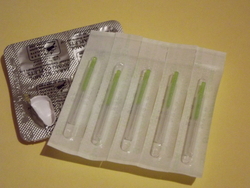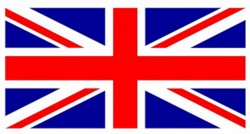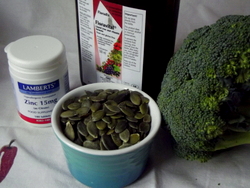
A small randomised, controlled study undertaken by Brazilian researchers, suggests that acupuncture helps premenstrual depression and anxiety. Thirty volunteers diagnosed with the symptoms were randomly assigned to receive either acupuncture or sham acupuncture as a control, twice a week for two menstrual cycles, giving a total of sixteen treatments per participant.
At the end of the treatment period, symptoms of anxiety and depression in both groups had reduced, but in the acupuncture group, the reductions were significantly greater. Mean anxiety scores in the acupuncture group reduced by 59%, compared with 21% in the sham group. Mean depression scores in the acupuncture group reduced by 52%, compared with 20% in the sham group.
(Effects of acupuncture on the symptoms of anxiety and depression caused by premenstrual dysphoric disorder. Acupuncture in Medicine, on-line September 2013.)




 Researchers in the US have uncovered an association between higher intakes of dietary iron and reduced incidence of pre-menstrual syndrome (PMS). They followed 3000 women over a ten year period, assessing their mineral intake using dietary questionnaires at three points over that interval. Women with the highest iron intakes had a 30-40% lower risk of developing PMS, compared with women consuming the least. Moreover, it was consumption of so-called non-haem iron, which is found primarily in plant foods and dietary supplements, which was important. Risk of PMS appeared to lower once consumption exceeded around 20 mg per day. The study’s authors caution against exceeding 45 mg per day. They speculate that iron may be important to prevent PMS because it is required for serotonin production, which in turn regulates mood.
Researchers in the US have uncovered an association between higher intakes of dietary iron and reduced incidence of pre-menstrual syndrome (PMS). They followed 3000 women over a ten year period, assessing their mineral intake using dietary questionnaires at three points over that interval. Women with the highest iron intakes had a 30-40% lower risk of developing PMS, compared with women consuming the least. Moreover, it was consumption of so-called non-haem iron, which is found primarily in plant foods and dietary supplements, which was important. Risk of PMS appeared to lower once consumption exceeded around 20 mg per day. The study’s authors caution against exceeding 45 mg per day. They speculate that iron may be important to prevent PMS because it is required for serotonin production, which in turn regulates mood.